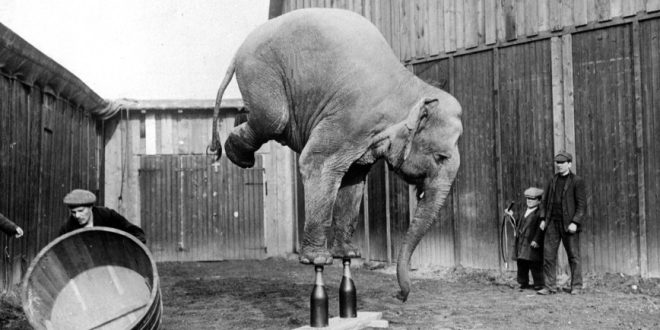Regulus Partners examines the implication of yet another DCMS public consultation that UK Gambling has been drawn into and last week’s Cheltenham Festival, which put on a fair show for punters and bookmakers.
If there is one thing that gambling needs like a hole in the head, it is yet another public consultation – but that is precisely what we have after the DCMS announced this week a follow-up to its 2018 ‘Areas of Research Interest’ survey.
This at least, is a consultation with a difference – aimed principally at researchers – with the aim of allowing the department to “draw upon the highest quality research, evidence and technical knowledge to support policy and decision-making”. It is also not solely about gambling – its scope takes in all parts of the department’s recently pruned portfolio of – Arts, Heritage and Tourism; Civil Society and Youth; Media and Creative Industries; and Sport and Gambling.
The consultation document reveals just how far the betting and gaming industry has fallen from its brief period of early twenty-first-century grace (when the Labour Government aspired to global leadership in remote gambling).
This omission hinders both the development of sound policy and – by promoting an unalloyed theory of victimhood and vulnerability – impairs understanding of why people gamble and why some do so to harmful levels.
The Gambling Commission has deliberately side-stepped attempts to gauge consumer and societal benefits from the market it regulates, describing the task as “politically awkward”. It has defended its narrow focus on harms on the grounds that it is the industry’s job to supply the necessary balance. The problem of course is that the Commission has an acknowledged bias against such research, writing last year (in a memo released under the Freedom of Information Act) that “It’s likely that we would be critical of any industry-funded effort to estimate the benefits of the gambling industry”.
While the appearance of yet another consultation (with more to come when the fabled White Paper finally materialises) may elicit a degree of cynicism from weary stakeholders, it is potentially important for three reasons.
First, there were 444 runners this year vs. 405 in 2022 (+9%), bringing average field sizes up to an impressive 15.9; whereas four races had fewer than eight runners in 2022, this was brought down to three in 2023. Second, as well as more runners, betting over-rounds were consistently higher, at 1.57% vs. 1.48% last year, compounding to a 16% pricing improvement for bookmakers. Third, despite some important punter-friendly results, the favourite won eight races this year (29%) rather than 12 last (43%). More runners, better pricing and fewer winning favourites should add up to a significant swing in revenue, compounding a much better quarter for football fixtures due to World Cup distortion.
The danger with Cheltenham has always been twofold. Racing can mess up the event for mass market punters and bookmakers alike by bringing together too few runners and ending up with boringly predictable results (where even a £50 winning bet won’t buy a round with the spoils).
Equally, betting operators can mess up the event by being aggressively competitive on pricing and offers for marquee events, thereby undermining the revenue flowing into racing via the Levy; an especially big problem since Cheltenham occurs at the end of the jumps season, so recycling tends to end up in football and gaming.
This time, racing put on a fine show and both punters and bookmakers were rewarded accordingly. There has always been an additional risk that an over-focus on Cheltenham starves the rest of the jumps calendar of glamour and competitive runners, but on balance it is probably better to get Cheltenham right before fixing the problems elsewhere since the eyes of nearly all British and Irish bettors are glued to the event.
Featured article edited by SBC from ‘Winning Post’ Sunday 19 March 2023 (click on the below logo to access the full unedited analysis of Winning Post).










